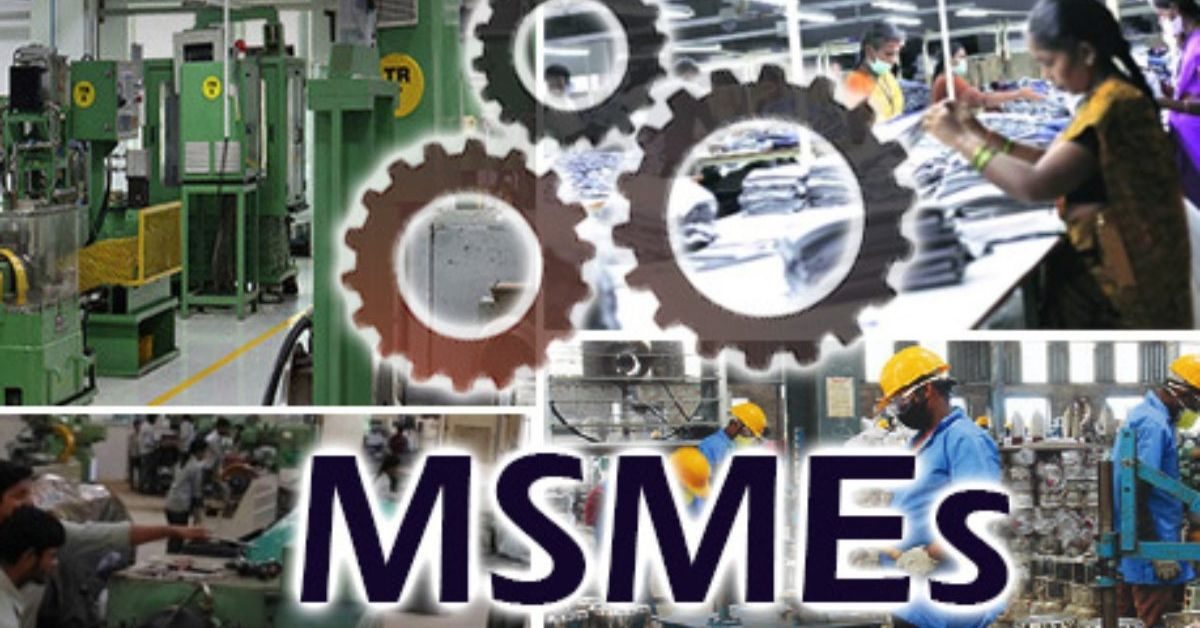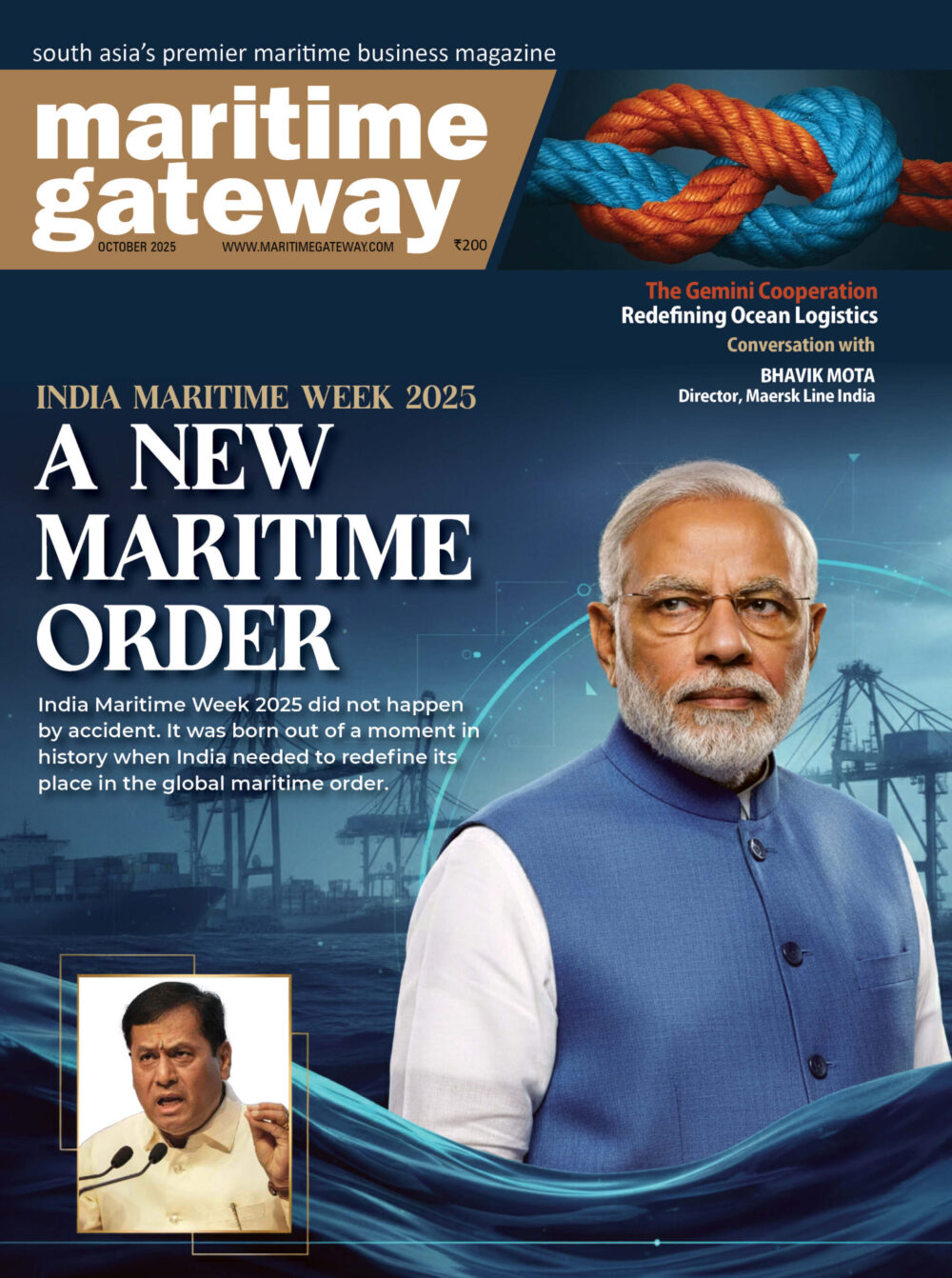The Micro, Small, and Medium Enterprises (MSME) sector contributes one-third to India’s GDP and accounts for approximately 40% of the country’s total exports. As India is on the pathway to becoming a $5Tn economy, exports would become an inevitable component of the nation’s growth, and MSMEs would need as many avenues to show their utmost potential.
However, when it comes to logistical challenges faced by the industry, MSMEs in cross-border trade are grappling with high transportation costs, lack of robust trade support, and geographical imbalances in export. This regional disparity was highlighted in Niti Ayog’s Export Preparedness Index 2021 report, which revealed the top six states of Maharashtra, Gujarat, Karnataka, Tamil Nadu, and Telangana contribute 75% of India’s overall exports.
Addressing the Logistics Crunch
The National Logistics Policy (NLP), recently launched by the government, is a comprehensive framework set to enhance the efficiency of India’s logistics system and ensure the seamless movement of goods across the country. The initiative’s primary aim is to reduce logistics costs from the current 13-14% of the GDP to the global cost of 7%.
Moreover, the policy is said to aid Indian businesses, especially MSMEs, to become globally competitive as it will create a robust logistics infrastructure for facilitating cross-border trade. India’s logistics sector has been fragmented for quite some time now, with MSMEs undergoing unnecessary manual processes, heavy documentation work, frequent interference from various regulatory authorities, etc. Then, the global shipping crisis occurred, and businesses faced newer challenges like container shortages, soaring freight costs, delayed deliveries, difficulty establishing liabilities for in-transit goods, etc.
Besides, small businesses deal with cumbersome shipping processes and additional compliance burdens, including multiple customs clearance and quality/packaging checks. These businesses are also riddled with financial troubles, often neglected by conventional lenders like banks. All these factors have hindered their participation in the global supply chain.
Fortunately, the policy addresses this issue and comprises a Unified Logistics Interface Platform (ULIP) to streamline and digitize all logistics processes and enable ease of business. This will allow various stakeholders, like government agencies, shippers, traders, etc., to exchange information in real-time, facilitating seamless export-import and building supply chain resiliency.
Aiding MSMEs
The Federation of Indian Export Organisations (FIEO) states that reducing India’s logistics costs by 10% can increase the country’s export valuation by 5-8%. Direct costs, which include transportation and warehousing, comprise 60% of the total logistics cost. And NLP promises to reduce these costs and leverage technology to make India’s logistics industry competitive in terms of global standards. The following are the measures laid down by the policy to enhance the participation of MSMEs in the global supply chain.
1. Digital approach: Integration of technology through Digital Systems (IDS), Ease of Logistics (e-LOG), System Improvement Group (SIG), etc., are expected to reduce inefficiencies and enable paperless export-import. Besides this, faceless assessment for customs and provisions for e-way bills are a few initiatives that will smoothen business for MSMEs, empowering them to make timely deliveries.
2. Logistics network: The NLP will create a framework for seamless multimodal transportation and state-of-the-art connectivity across the country, thereby building robust trade support. This will be instrumental in speeding the delivery of goods to ports and accelerating movement through the supply chain.
For instance, through its Comprehensive Logistics Action Plan (CLAP), the government will identify infrastructure and procedural gaps in India’s cross-border trade connectivity and create a streamlined and reliable logistics network that ensures transparency and efficiency. This will improve India’s trade competitiveness and facilitate greater integration with regional and global value chains.
3. Tech-enabled infrastructure at ports: A study by McKinsey & Co. revealed automation at ports might reduce operating costs by up to 55% and boost productivity by up to 35%. There are far too many manual processes across most Indian ports today, rendering India’s shipping uncompetitive with the world. Upgradation and automation of ports and the implementation of high-capacity mobile communication networks to enable real-time updates are the need of the hour.
4. Sustainable shipping: The government is keen on reducing carbon emissions and is constantly investing in new eco-friendly waterways and other initiatives to make shipping resilient and sustainable.
As per the Logistics Performance Index 2018- the latest measure released by World Bank, India ranks 44th, way behind export-oriented economies like China and Vietnam. The study was based on six indicators: customs performance, infrastructure quality, ease of shipping, logistics services quality, consignments tracking, and timeliness of shipments. Fortunately, industry experts believe the goals set by NLP will bring down the ranking to 25 in the next five years. However, only time will tell.
Conclusion
With its investment in modern technology and other initiatives, NLP will allow MSMEs to gain more control over the supply chain, elevating India’s exports. While India pursues trade deals with different countries, favorable policies will ensure MSMEs increase their integration into the global supply chain network, procure newer markets, and develop strategic relationships in key economies.









